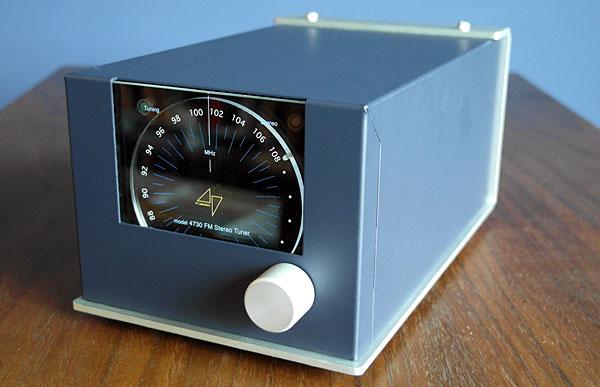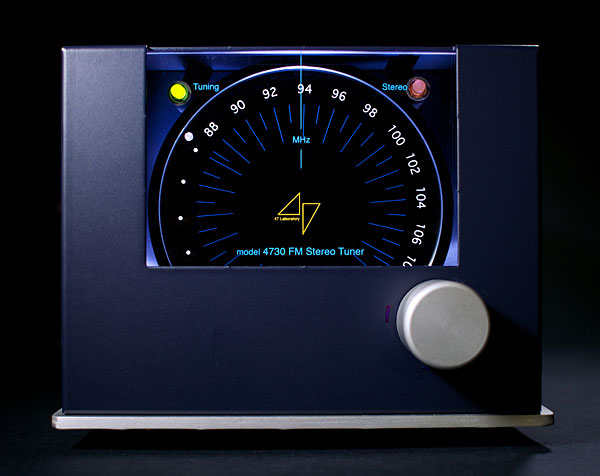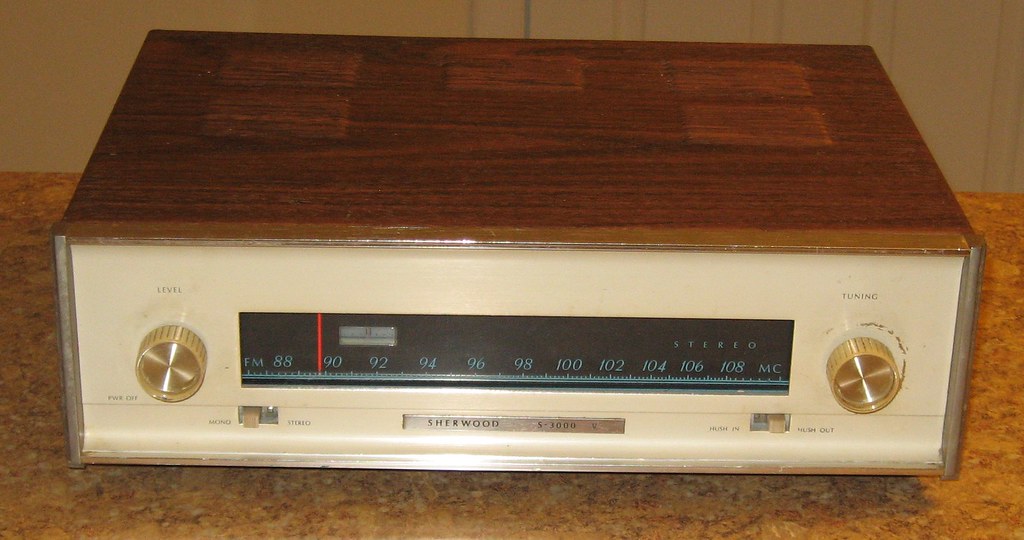bergun
Well-Known Member
First, their are still some new FM/AM tuners on the U.S. Markets like Yamaha's T-S500, but most of the mid-fi equipment makers haven't offered a tuner in their line-up for the U.S/North American markets in years.
Yamaha gave us one, but not their best model, which is their T-S1000. which is offered to selected European/Asian markets. Onkyo offers both the T-4070 and T-4030 to the European market, but those models are not offered in the American market either. The U.S. is one of the largest markets in the world and I cannot figure why don't offer them here. With that said, they would sell more FM tuners here than in any other markets.
I know that home FM listening is going down here in the U.S. due to both the introduction of both the internet and satellite stations, but I'm pretty sure that I'm not the only guy who still enjoys FM radio here in the U.S.
Btw, I've been eyeing Onkyo's M-5000 power amp and their C-3000 pre amp at the same time when I'm thinking of pulling the trigger on either Yamaha's A-S2000 or their A-S2100 integrated amp.
Since Yamaha's T-S1000 and Onkyo's T-4070 are geared to the Euro/Asian markets, would these tuners pull in American radio signals without any serious conversion work here in the U.S.?? I'm aware that if I purchased the European models, I would have to use a power converter or have its voltage changed over from 220 volts to the North American 110 voltage. I'm not too crazy about buying gear from Europe, but if this is the only way of obtaining a new higher-end tuner to go with my planned purchase than I have no choice but to go that route. Also, I'm moving away from vintage gear since I now prefer newer gear over the classic stuff.
Thanks for looking!!
Yamaha gave us one, but not their best model, which is their T-S1000. which is offered to selected European/Asian markets. Onkyo offers both the T-4070 and T-4030 to the European market, but those models are not offered in the American market either. The U.S. is one of the largest markets in the world and I cannot figure why don't offer them here. With that said, they would sell more FM tuners here than in any other markets.
I know that home FM listening is going down here in the U.S. due to both the introduction of both the internet and satellite stations, but I'm pretty sure that I'm not the only guy who still enjoys FM radio here in the U.S.
Btw, I've been eyeing Onkyo's M-5000 power amp and their C-3000 pre amp at the same time when I'm thinking of pulling the trigger on either Yamaha's A-S2000 or their A-S2100 integrated amp.
Since Yamaha's T-S1000 and Onkyo's T-4070 are geared to the Euro/Asian markets, would these tuners pull in American radio signals without any serious conversion work here in the U.S.?? I'm aware that if I purchased the European models, I would have to use a power converter or have its voltage changed over from 220 volts to the North American 110 voltage. I'm not too crazy about buying gear from Europe, but if this is the only way of obtaining a new higher-end tuner to go with my planned purchase than I have no choice but to go that route. Also, I'm moving away from vintage gear since I now prefer newer gear over the classic stuff.
Thanks for looking!!







